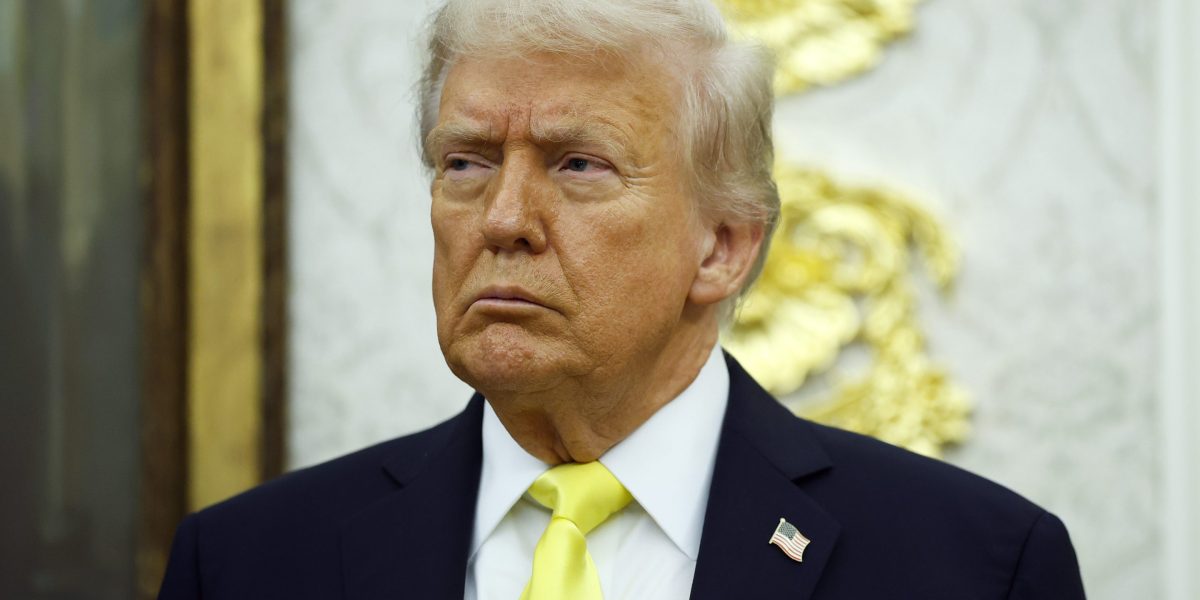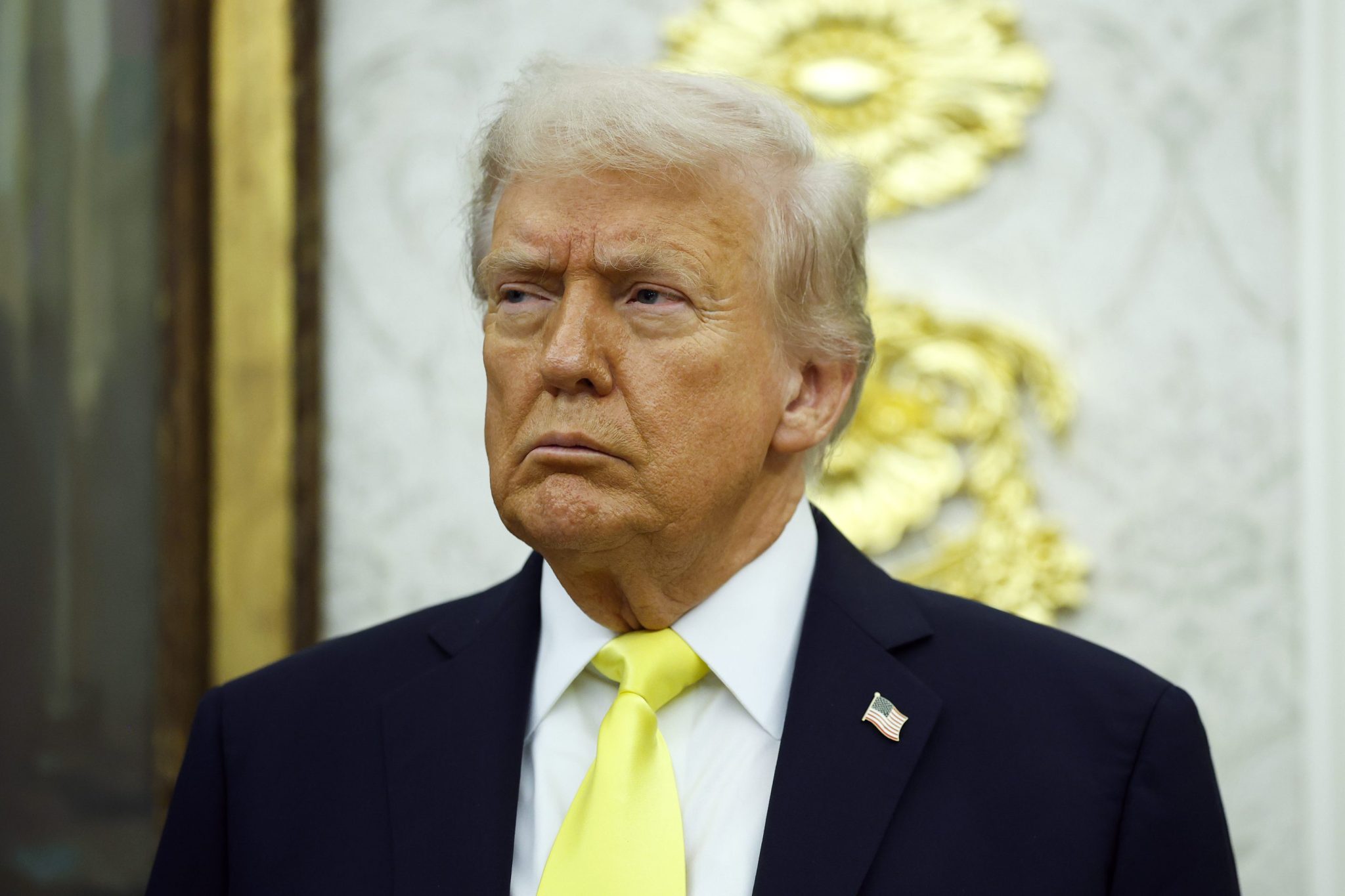Governments are likely to pillage the $80 trillion Great Wealth Transfer to help balance their national debt burdens, says UBS


If you’re eyeing the $80 trillion promise of the Great Wealth Transfer and wondering what it may do for your personal finances, you’re not the only one. Governments are asking themselves the same, according to UBS.
The eye-watering sums due to change hands via inheritance in the coming decades, changing the financial fortunes of millions of people. But it could also help rectify the fiscal trajectories of some of the world’s most advanced nations. Those funds, UBS says, could be used to balance the books for countries with high levels of unsustainable national debt.
Studies have found that over the next 20 to 30 years as much as $124 trillion will be passed down from older generations to their younger counterparts. The Baby Boomers—people born between 1946 and 1964—are the wealthiest generation in history. As these individuals begin passing on, sums will go immediately to their Gen X, Millennial, and Gen Z successors, and some cash will go to spouses.
But UBS’s Paul Donovan believes governments will want to add their names to the list of recipients. He said: “At UBS, our modeling suggests that over the next 20 years, over $80 trillion of wealth will change hands.
“The change in wealth comes at a time when many governments around the world have high debt and deficits. It seems unrealistic to suppose that governments will just sit idly by as this wealth moves around. We would expect governments to attempt to mobilize that wealth to help fund their debt, but in doing so that denies private sector investment access to some of those funds.”
Indeed, a study from JP Morgan earlier this month found that the women expecting to receive a spousal inheritance over the coming years—expected to be around $9 trillion—plan to invest it in the stock market. Part of the reason they’re comfortable investing the money is because they’re not reliant on it to achieve their financial goals, with three in four women saying they’re well on track to achieve their financial milestones without receiving any inheritance from family or spouses.
The very fact that women will have power over such sums has an impact on the real economy, added Donovan: “Women invest differently from men. On average, women tend to be much less emotional investors: They do more research and when they do invest, they tend to stick to the investment over the longer term. That means that longer term, more complicated real world investment projects may experience a lower cost of capital in the future, with women being the new owners of wealth.”
The national debt question
Much attention has been focused on the budget deficit in the U.S., the world’s largest economy. Economists aren’t worried about the volume of government debt—which recently hit $38 trillion—more how quickly it is accruing borrowing costs with no sign of slowing spending.
There will be a moment of reckoning, analysts are convinced, when either bond markets bow out of buying any more U.S. debt because they believe the path is unsustainable, or the central bank is forced to intervene with quantitive easing—thus lowering the value of the debt.
Governments have a range of options (including chasing some funds in the Great Wealth Transfer) to to balance the books. And economists have been both bemused and pleasantly surprised by the solutions proposed by the Trump camp. For example, Trump has touted a “Gold Card” plan, a visa policy which would charge rich immigrants $5 million for a green card “plus a route to citizenship.”
“A million cards would be worth $5 trillion, and if you sell 10 million of the cards that’s a total of $50 trillion. Well, we have $35 trillion in debt, so that would be nice,” Trump said. He noted that he would have $15 trillion “left over” if he managed to sell 10 million cards, adding: “It may be earmarked for deficit reduction, but it actually could be more money than that.”
While Trump’s tariff plans have proved unpopular with foreign governments, economists nonetheless welcome the “peculiar” methods to increase America’s income. As Wharton professor Joao Gomes previously told Fortune: “You can also not deny that [Trump and his administration] bring strange forms of revenue that do change the debt picture.”





